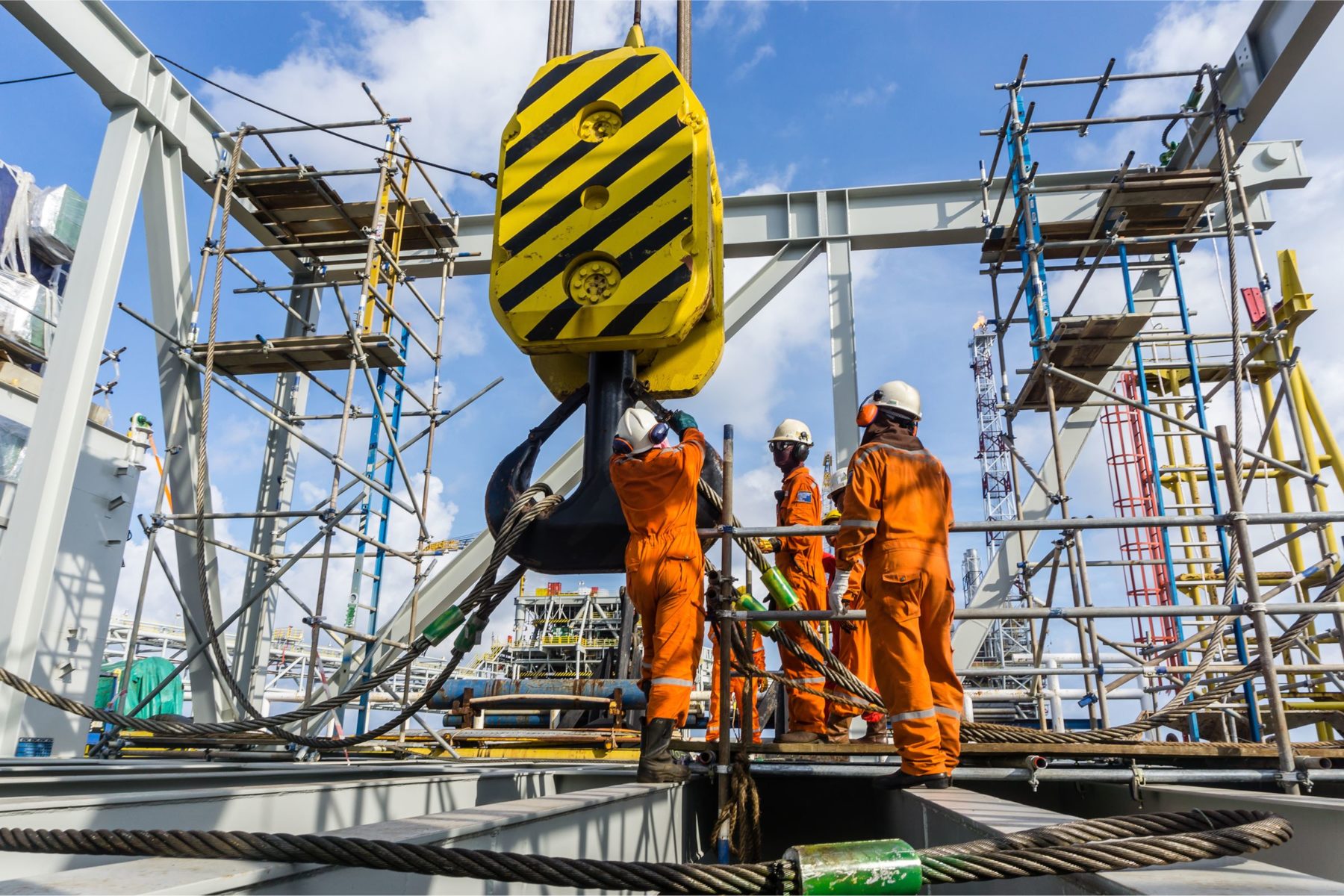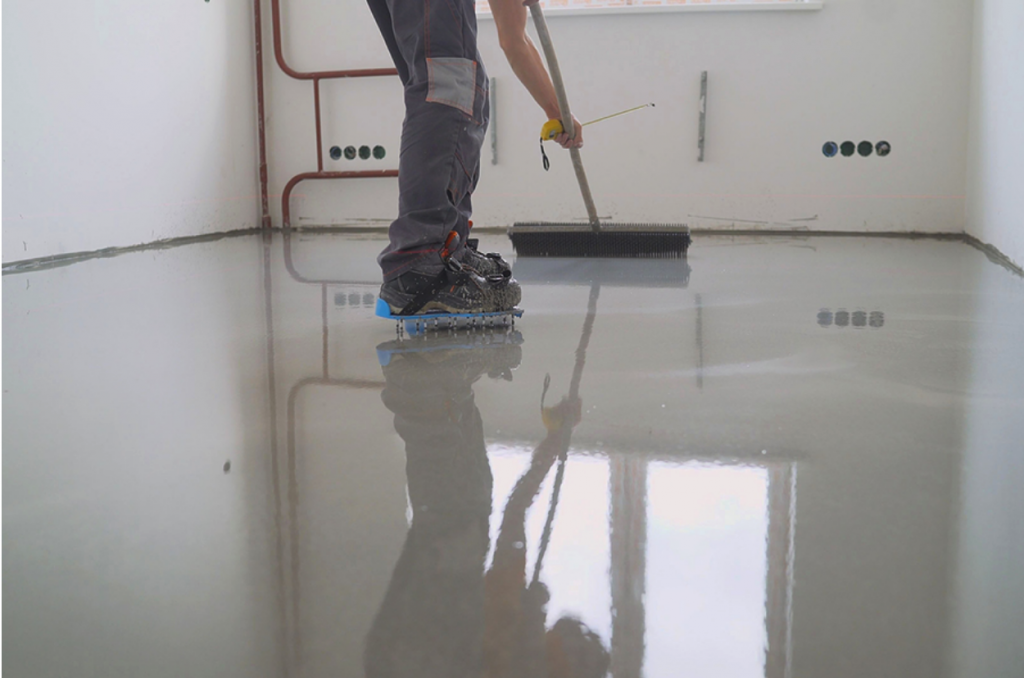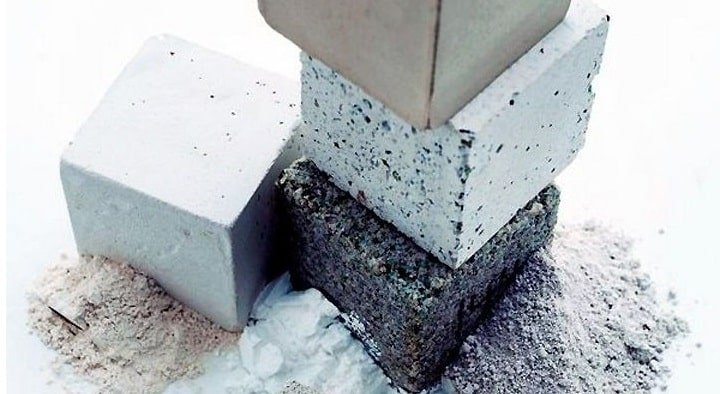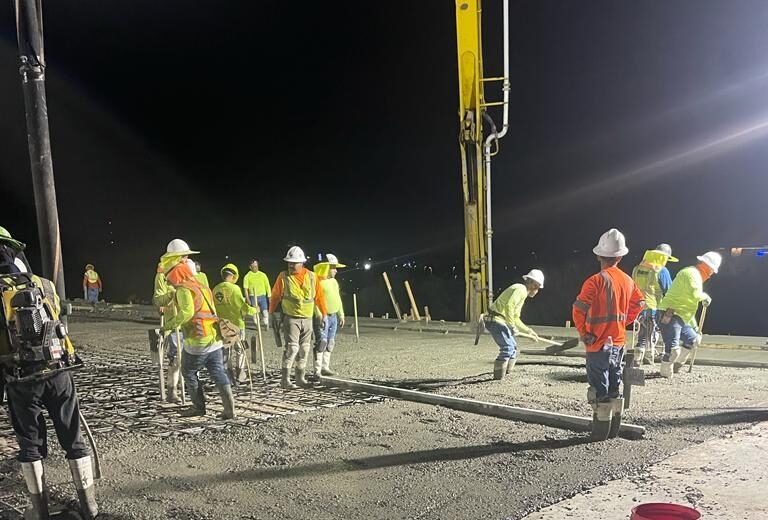
Essential Concrete Safety Tips: Protecting Workers on the Job Site Working with concrete is a fundamental aspect of the construction...

Self-leveling concrete is an innovation in the construction industry that simplifies the surface leveling process. In this article, we will explore what self-leveling concrete is, how it works, and its applications in various construction projects.
Self-leveling concrete is a type of concrete mixture designed to spread and level itself without the need for external vibration or additional manipulation. It contains special additives that improve its flowability and self-leveling ability, making it ideal for applications where a flat and uniform surface is required.
The application process of self-leveling concrete is relatively simple. After preparing the base surface, the self-leveling concrete is poured onto the surface and spread evenly with the help of smoothing tools. The material will automatically level itself to form a smooth and flat surface in a short amount of time.
Self-leveling concrete is used in a variety of construction applications, including industrial floors, commercial and residential floors, pavements, stairs, and access ramps. It is also used in renovation projects where a leveled surface is required over an existing base.
The advantages of self-leveling concrete include its ability to save time and labor on the job site, its ability to produce leveled surfaces with high precision, and its versatility to adapt to a variety of application conditions.
When designing and installing self-leveling concrete, it is important to consider factors such as the quality of the base surface, ambient temperature, and relative humidity. Manufacturer specifications and recommendations should be followed to ensure optimal material performance.
Although self-leveling concrete offers numerous advantages in terms of efficiency and finish quality, it also presents some challenges and limitations. These may include higher costs compared to conventional concrete, shorter setting times, and the need for specialized equipment for installation.
Conclusions and Future Perspectives: In summary, self-leveling concrete is a valuable tool for simplifying the leveling process in construction and improving finish quality in a variety of applications. With its ability to produce leveled surfaces quickly and efficiently, self-leveling concrete is gaining popularity in the construction industry and promises to remain an innovative solution in the future.

Essential Concrete Safety Tips: Protecting Workers on the Job Site Working with concrete is a fundamental aspect of the construction...

Decorative Concrete: Trends in Modern Finishes for 2025 Concrete is no longer just a construction material — it’s become a...

Sustainable Concrete Innovations in 2025: The Future of Eco-Friendly Construction In 2025, the construction industry continues its transformation towards sustainability,...

The Science Behind Concrete Cracking: Causes and Solutions Cracks in concrete are one of the most common issues in construction,...

Top 10 Concrete Myths Debunked: What Every Contractor Should Know Concrete is one of the most widely used construction materials,...

How to Plan Concrete Pouring in Large Construction Projects Pouring concrete in large-scale construction projects requires meticulous planning, logistical coordination,...
© 2023 Created with RGA Concrete Contractors LLC
This website uses cookies to provide you with the best browsing experience.